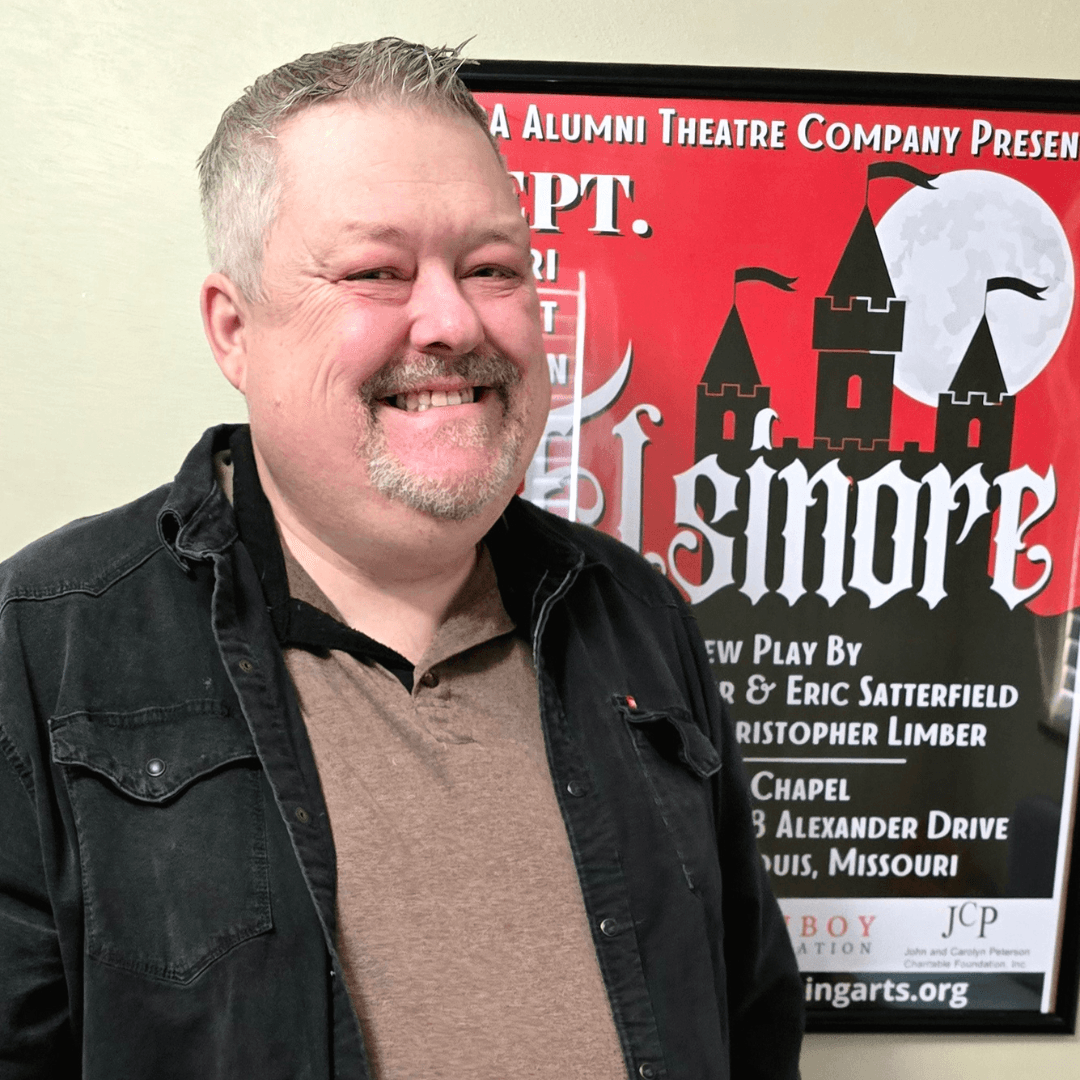We were lucky to catch up with Eric Satterfield recently and have shared our conversation below.
Eric, thanks for taking the time to share your stories with us today What’s been the most meaningful project you’ve worked on?
The most meaningful project I’ve worked on is “Heavy;” a play that I had the privilege of
writing with my friend and collaborator, Hazel McIntire. This play resonates with me because it
explores themes I relate to—body image, self-worth, trauma, and the struggle to find love and
acceptance in a world that often refuses to see you fully.
The process of writing “Heavy” pushed me to be more vulnerable than ever before, confronting
my own experiences while crafting characters who reflect the complexities of self-acceptance.
This isn’t just a play about weight—it’s about the weight of expectations, of past wounds, and of
learning to love yourself despite everything the world tells you.
We staged a reading of the first draft of the script in 2023. Afterward, we held a talkback, allowing the audience to give us feedback on the play. I was surprised at how many people stood up to say how much they related to the characters in the story. Fast forward a couple of years, and “Heavy” will see its first full production. For me, theatre is at its most powerful when it gives voice to stories that often go unheard. “Heavy” is one of those stories, and I can’t wait for audiences to experience it. I think it might be the most important thing that
I’ve written so far.
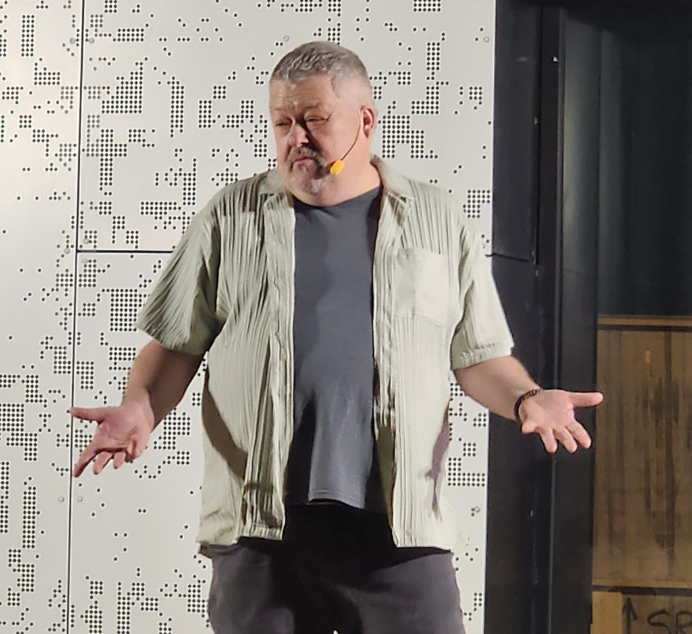
Great, appreciate you sharing that with us. Before we ask you to share more of your insights, can you take a moment to introduce yourself and how you got to where you are today to our readers.
I’ve always loved theatre since I was a kid. That sounds cliché, but it’s true. I remember sitting in
the living room as a child as my mom watched movie musicals like “Little Shop of Horrors” and
“The Music Man.” I was hooked!
But I really found my voice years later (in prison of all places) through my involvement in Prison
Performing Arts, a performing arts program dedicated to enriching the lives of youth and adults
in Missouri’s criminal and juvenile justice systems. Theatre became a way for me to process my
experiences, explore complex emotions, and connect with others in a way I never had before.
After my release, I continued working with PPA, first as a member of the Alumni Theatre
Company and later as their production coordinator. That experience shaped the artist I am
today, showing me firsthand how transformative theatre can be—not just as entertainment, but
as a tool for self-discovery, connection, and change.
Now, I’m an actor, director, and playwright. I’ve had a few of my plays produced including “The
Privilege of Being Second,” a play that I co-wrote with David Nonemaker, which was nominated
last year for a St. Louis Theatre Circle Award for Outstanding New Play. I’d like to think the one
thing that sets my work apart is a willingness to take risks. I don’t believe in playing it safe—I
want to tell stories that challenge, provoke, and make people feel something real. The best
theatre isn’t just entertaining—it forces us to question, empathize, and confront uncomfortable
truths. That’s what drives me as an artist.
One of the things I’m most proud of is Chorus of Fools, which I co-founded last year. We’re a
St. Louis-based theatre company dedicated to nurturing emerging artists and engaging new
audiences. In just over a year, we’ve premiered multiple new plays by writers in the St. Louis
area, launched a mentorship program for emerging playwrights, and created opportunities for
artists to develop and showcase their work. We also prioritize accessibility, making sure barriers
don’t keep audiences from experiencing theatre.

What’s the most rewarding aspect of being a creative in your experience?
For me, the most rewarding aspect of being an artist is the ability to create work that resonates
with people. Whether it’s a play that sparks conversation, a moment on stage that makes
someone feel seen, or a story that lingers long after the curtain falls, knowing that my work has
an impact is incredibly fulfilling.
Theatre, at its best, is a shared experience—it brings people together, challenges perspectives,
and allows us to explore the human condition in ways that are both intimate and expansive. As
a playwright, I get to craft those moments, to take risks, and to put something raw and honest
into the world. And when an audience connects with that—when someone tells me that a piece
moved them or made them feel understood—it reminds me why I do this in the first place.
Beyond that, being an artist has given me the chance to create opportunities for others and help
emerging playwrights and performers find their own voices. Watching other artists grow, take
risks, and develop confidence in their work is just as rewarding as creating my own. It’s all part
of the same cycle—telling stories, inspiring others to tell theirs, and building a creative
community where bold, meaningful work can thrive.

How can we best help foster a strong, supportive environment for artists and creatives?
Society thrives when artists thrive. Supporting isn’t just about funding—it’s about fostering an
environment where artists are valued, respected, and given the resources to create without
constant financial strain. This means ensuring fair pay, affordable rehearsal and performance
spaces, and arts education that cultivates the next generation of storytellers.
But support goes beyond institutions. It’s about showing up—buying tickets to local theatre,
sharing an artist’s work, and advocating for policies that prioritize the arts. When communities
invest in artists, they invest in empathy, innovation, and connection. The best way to support
creatives is to recognize that art isn’t a luxury—it’s a fundamental part of how we understand
ourselves and each other.
Contact Info:
- Website: https://chorusoffools.org
- Facebook: https://www.facebook.com/profile.php?id=61556289340426

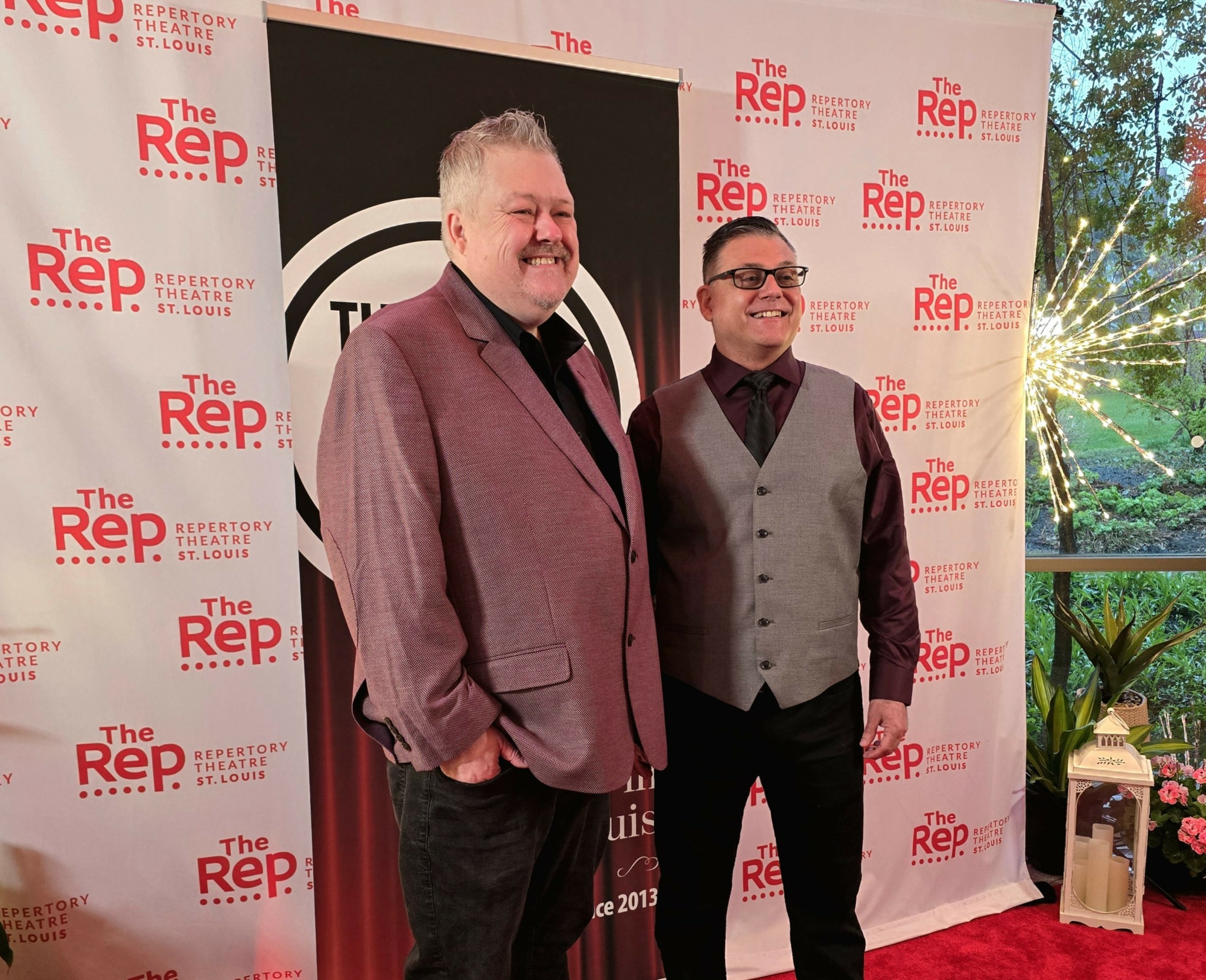
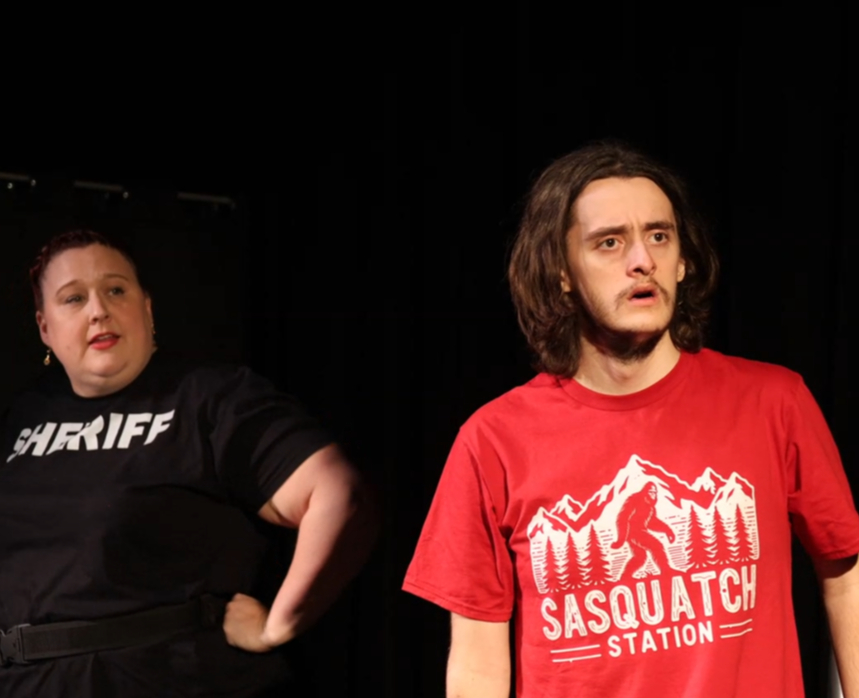
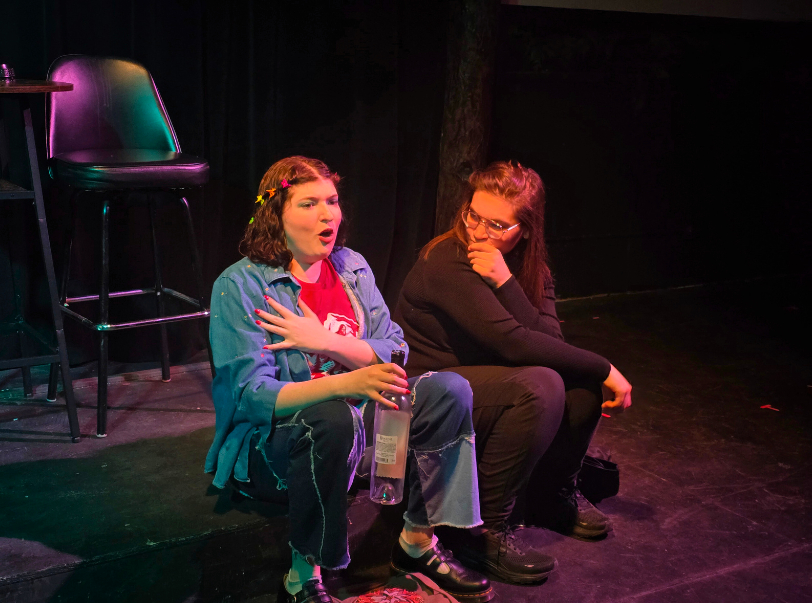
Image Credits
David Nonemaker
Vickie Delmas


